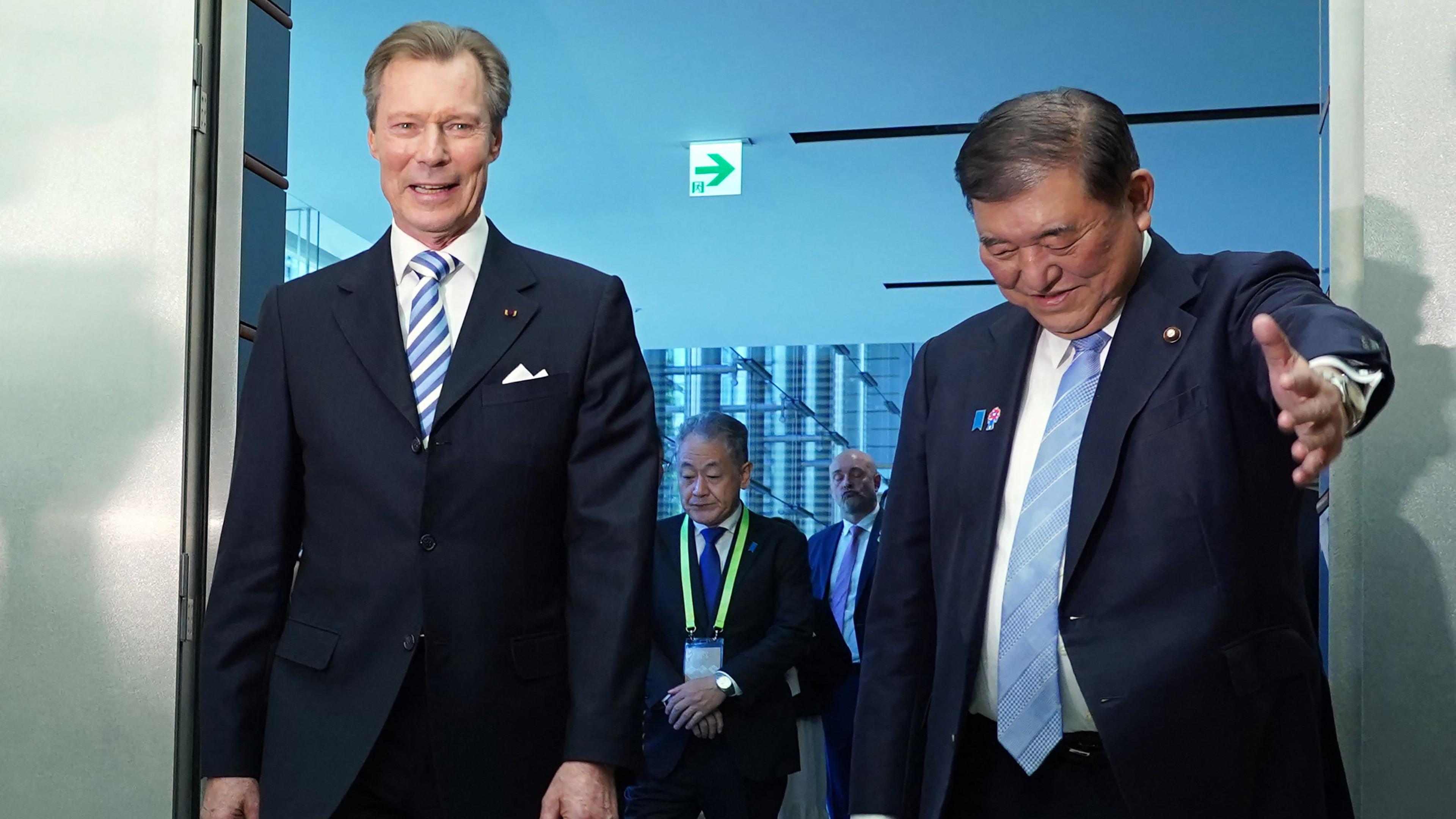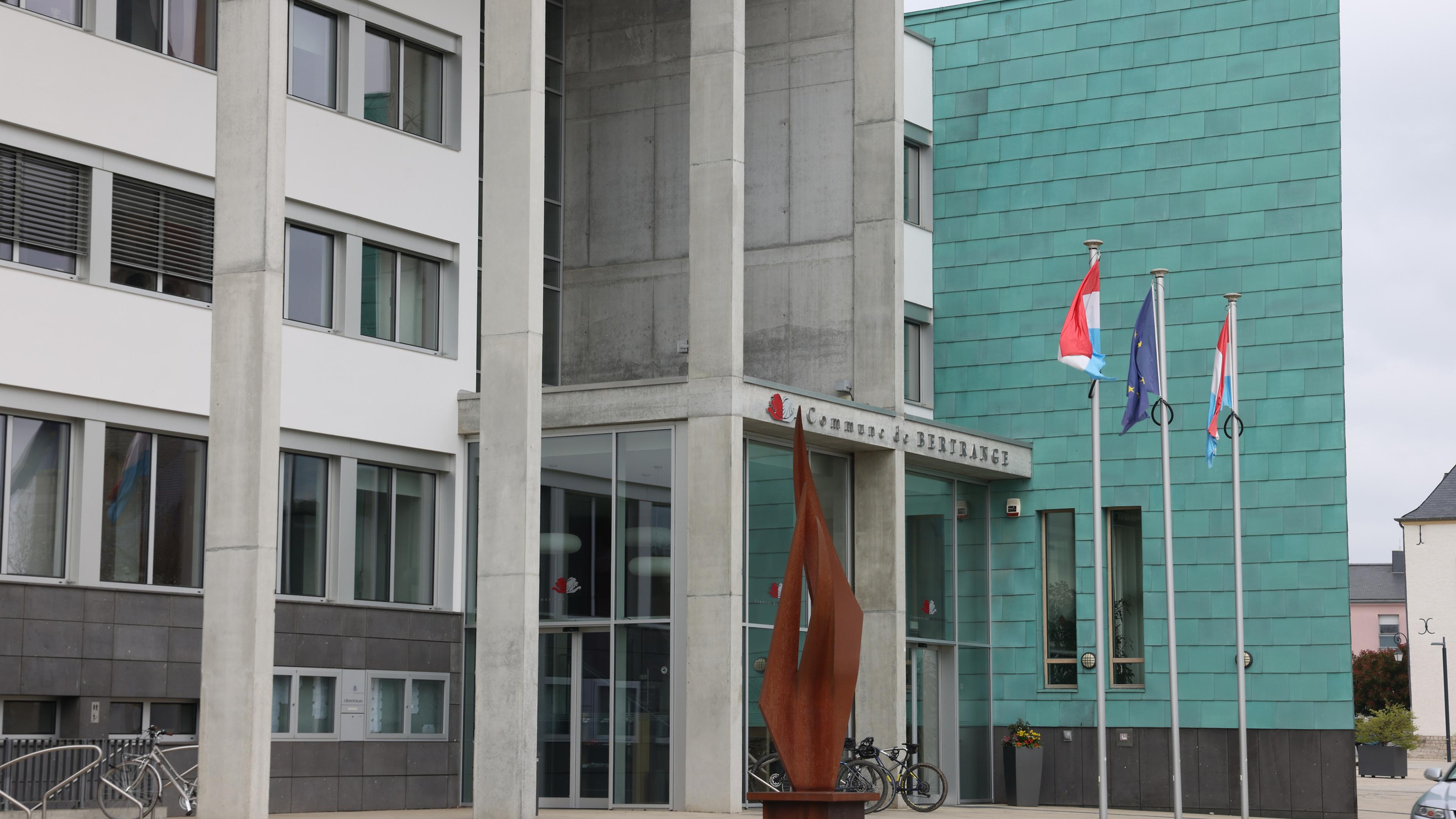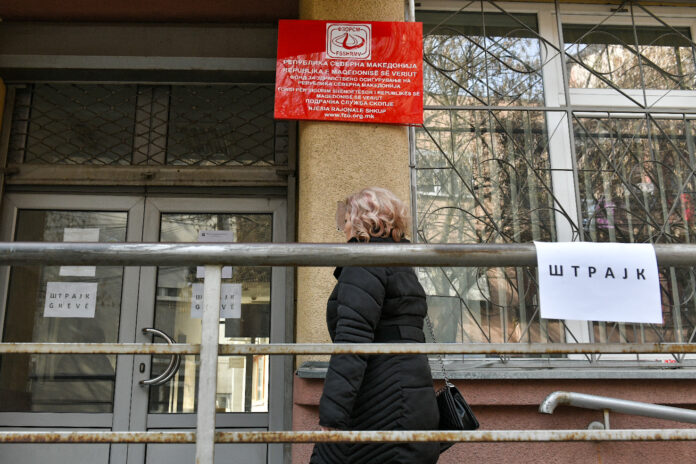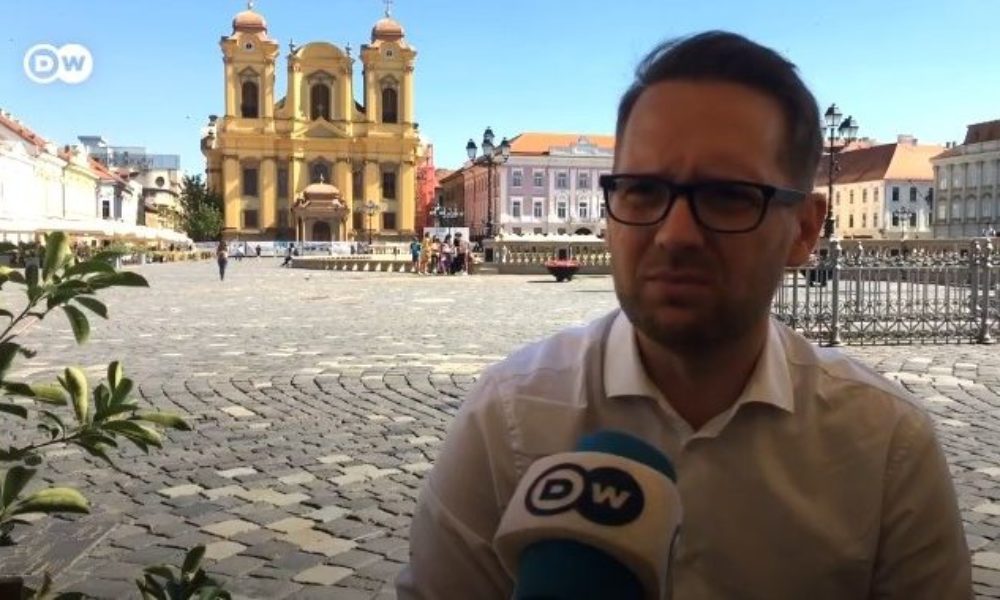Europe’s universities offer US researchers « asylum »-Luxembourg holds back

For decades, the attractiveness of the US science system has been moving the smartest heads in Europe across the Atlantic. However, the picture changes under the Trump government: massive budget cuts, political influence on research and targeted attacks on scientists-especially in areas such as climate change and vaccines-ensure growing uncertainty in the American research landscape.
The most recent example is Columbia University, which, according to the US government threats, had to adapt its teaching and disciplinary policy over the withdrawal of $ 400 million in funding. Under the pressure of the government, the university approved a number of measures, including a ban on facial masks on campus, expanded powers for security forces and the restriction of academic independence in the area of Middle East studies. Against almost 60 universities are currently under investigations by the US Ministry of Education for Anti-Semitism.
The cuts of government expenditure put thousands of employees under pressure – researchers in renowned institutions such as NASA, the Centers for Disease Control and Prevention (CDC) and the National Oceanic and Atmospheric Administration (NOAA) fear for their jobs. On Wednesday, the government alone released 10,000 employees to health authorities, including leading scientists.
Initiatives attract US scientists
Numerous European universities want to use the situation to reverse the previous migration stream of top talents in science. The French Aix Marseille University is particularly particularly important.
She has launched a program called « Safe Place for Science », which is to offer more than two dozen researchers from the USA over three years. « We would have liked that something like this was not necessary, » University President éric Berton told the British Guardian. « We do not want to attract researchers. But we were quite outraged about what happened (…). We wanted to offer those whose research is hindered. »
Around 100 applications were received within two weeks of the start, including from researchers of renowned institutions such as Yale, NASA and Stanford. According to the New York Times, the university costs 15 million euros.
In addition to individual universities, national governments are also hunting for top American researchers. In the Netherlands, Minister of Education Eppo Bruins announced that it would set up a fund at short notice in order to attract leading scientists from various specialist areas. His French counterpart, Philippe Baptiste, called for research institutions to submit suggestions on how to specifically recruit talents from the USA. In a letter to the European Commission, a total of 13 Minister of Science from EU countries have already called for measures to make Europe more attractive for affected researchers.
Uni-Rector Jens Kreisel has already found that cooperation with American research institutions under Trump has become more difficult. Photo: Anouk Antony
Growing interest in Luxembourg
The Luxembourg Ministry of Research also is currently observing « a growing interest of researchers from the United States in a move to Europe, including Luxembourg ». However, you do not count on a « mass influx », according to the ministry in a statement.
Unlike in other EU countries, however, « no targeted strategy is pursued that aim to deduct research skills from a certain country. » Instead, Luxembourg wanted to position itself as a « open and attractive place for talents, also from the United States, which could complement the diversity and quality of our research ecosystem, » said the Ministry, which in his answer referred to existing programs of the national research fund such as Pearl and Attract.
« The Pearl program aims to bring high-ranking researchers to Luxembourg in strategically important research areas, while the attract program is aimed at promising young researchers who want to build their own team within our research ecosystem, » said the Ministry.
University of Luxembourg dispenses with targeted speech
The University of Luxembourg also feels a growing interest of scientists from the United States, who are increasingly applying for vacancies. Departments in which the Trump administration has shortened research funds or exerted political pressure, such as climate research or biomedicine, are particularly affected. « We see this wave very clearly. There is much more interest in vacancies from America, similar to how it was the case with Brexit at the time, » says Jens Kreisel, the rector of the University of Luxembourg.
It is difficult to say whether it is actually a long -term trend or just a temporary development. Even before Trump’s term in office, European top European researchers from the United States had managed to recover or to recruit Americans. « But we definitely have more applications from the USA than before, » he says. « In some fields, people from America are applying that we would not have received before. »
People from America are applying in some fields that we would not have received before.
Jens Kreisel
Rector of the University of Luxembourg
« But the question that arises is: we are actively or reactive to the topic? There is no striving for me to actively accept people from other universities, » Kreisel clarifies. « Our focus is on strengthening certain key fields. »
The university focuses on future areas such as artificial intelligence, high -performance computers, cyber security and biomedicine. In these areas, scientists want to attract more, whether from the USA or Europe. Mainly in the field of artificial intelligence there is a struggle for the best talents. « It will be very interesting whether Europe is actually able to attract these talents in competition with America or not. »
What do I have to study in times of AI to get a safe job?
The prerequisites for attracting US researchers have improved in the past few weeks. While some research projects are put on hold or stopped in the United States, scientists can plan long -term planning here. At the same time, Kreisel sees developments in the USA with concern. The restrictions on research funding and access to scientific data are problematic.
« We have actually already found that projects where we work with Americans and that are financed by the National Institutes of Health ‘on Hold’ were set, » he says. « If European researchers no longer have access to American databases, it also has an impact on our own research – especially in areas such as climate research or biomedicine. »




/s3/static.nrc.nl/wp-content/uploads/2025/05/30135836/web-3105BINharibo.jpg)


